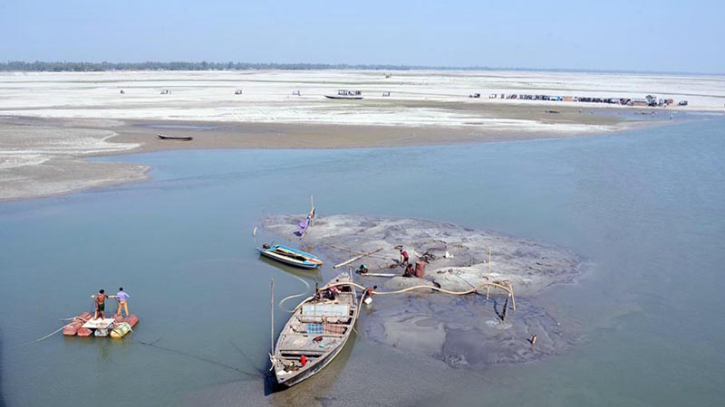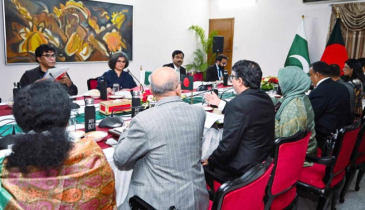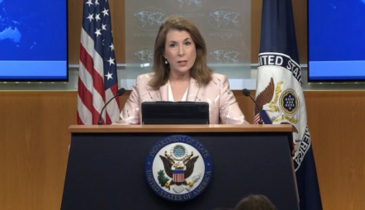Teesta water-sharing: India's failure increases Dhaka's frustration

Bangladesh is facing a complex diplomatic challenge as it navigates the competing interests of India and China regarding the Teesta River project.
India's interest in the project is driven by strategic security concerns, aiming to maintain regional influence and ensure border stability. In contrast, China's involvement promises economic benefits and infrastructure development. Bangladesh's task is to balance these interests while protecting its sovereignty, security, and developmental goals.
China has shown considerable interest in Bangladesh's proposed Teesta River Comprehensive Management and Restoration Project, which is estimated to cost 1 billion US dollar. Beijing has submitted an official proposal for the project, and an agreement may be signed during Bangladesh's Prime Minister Sheikh Hasina’s forthcoming visit to China.
India recently dispatched its foreign secretary, Vinay Mohan Kwatra, to Bangladesh to dissuade Chinese involvement in the project. During his visit, Kwatra offered Indian funding for the Teesta project, placing Dhaka in a difficult position.
Both China and India have been competing for influence in Bangladesh in recent years, which India considers within its sphere of influence.
Despite Bangladesh and India's close relations over the past decade and a half, the issue of water-sharing on the Teesta River remains unresolved. India's failure to settle the Teesta River water issue has increased Dhaka’s frustration regarding the future of river-related initiatives.
A near agreement on the Teesta water-sharing deal in 2011 was derailed when India's then-Prime Minister Manmohan Singh withdrew due to objections from West Bengal’s chief minister, Mamata Banerjee. Since then, India has repeatedly promised to sign the deal in bilateral meetings, but it has not yet been formalized.
In a surprising shift, India has now offered to fund the Teesta River project instead of signing the water-sharing treaty, which would ensure a fair share of water for Bangladesh. This shift raises questions about India's motives. Many believe that India's counteroffer is a strategic move to prevent Chinese involvement, similar to the Sonadia project.
The Teesta River project has significant implications for Bangladesh's relations with both India and China. While maintaining neutrality is crucial for Bangladesh’s foreign policy, the project presents a challenge as it may force Bangladesh to choose sides, risking alienation from key partners. Engaging with India could strengthen bilateral relations and address immediate security concerns but might alienate China and lead to missed economic opportunities. Conversely, accepting China’s involvement could bring economic benefits but strain relations with India.
The proposed Teesta project is expected to bring substantial improvements to the lives of the most impoverished people in Bangladesh’s northwestern region. The question arises: why should India's concerns take precedence over Bangladesh’s national interest?
.png)









